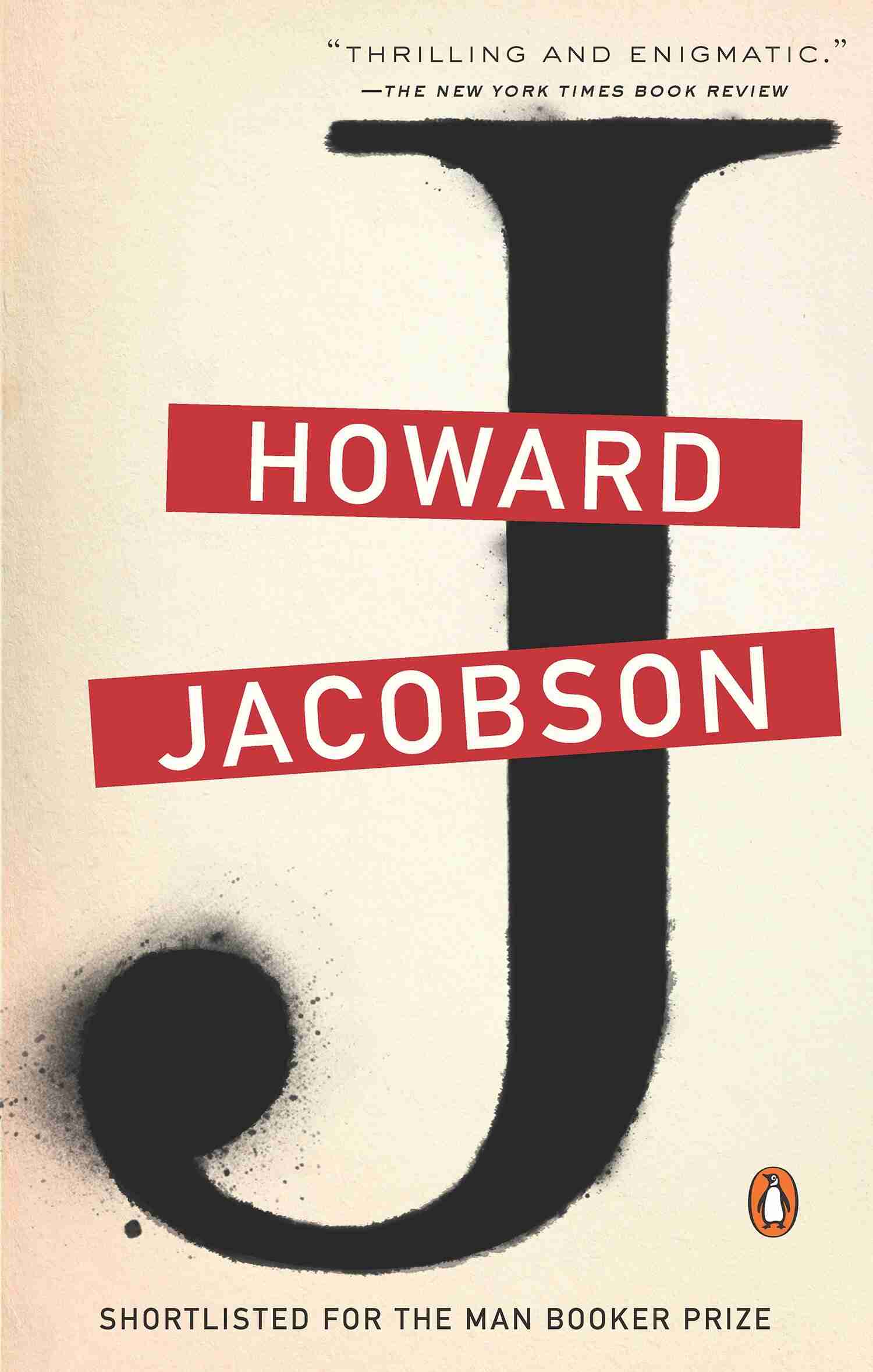
J PDF
Preview J
In his dystopian drama, Howard Jacobson has created a thought-provoking love story of incomparable strangeness, both tender and terrifying.
Two people fall in love, not yet knowing where they have come from or where they are going. Kevern doesn't know why his father always drew two fingers across his lips when he said a world starting with a J. It wasn't then, and isn't now, the time or place to be asking questions. Ailinn too has grown up in the dark about who she was or where she came from. Brutality has grown commonplace. They aren't sure if they have fallen in love of their own accord, or whether they've been pushed into each other's arms. But who would have pushed them, and why?
"Although it’s the author’s most serious novel, it’s also his most disquieting. In the bleak world that this story presents, wit and irony, along with jazz and literary fiction, have evaporated in the heat of a second Holocaust sometime in the 21st century... Jacobson may be writing in the great tradition of dystopian literature, but he takes a clever swipe at “what these writers gloomily and even hysterically prophesied.”... [he] has something darker and older in mind than our subjection to robot overlords. He’s exploring the perverse necessity of anti-Semitism in human culture...a conclusion of unfathomable pessimism, supported, unfortunately, by centuries of bloody data....that’s all part of the amorphous menace that infects the world in “J.” It’s the nagging suspicion that Jacobson isn’t writing about the distant future." - Ron Charles, The Washington Post
Howard Jacobson has written sixteen novels and five works of non-fiction. He won the Bollinger Everyman Wodehouse Award in 2000 for The Mighty Walzer and then again in 2013 for Zoo Time. In 2010 he won the Booker Prize for The Finkler Question; he was also shortlisted for the prize in 2014 for J.
